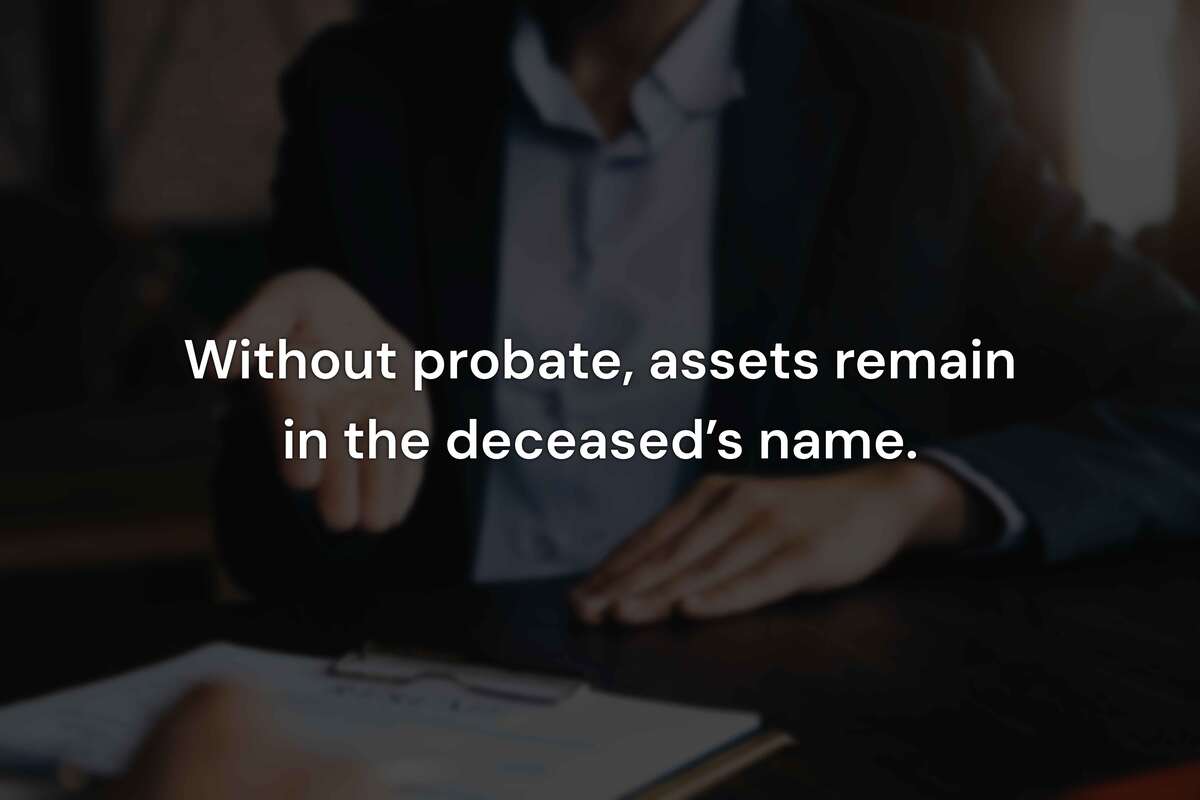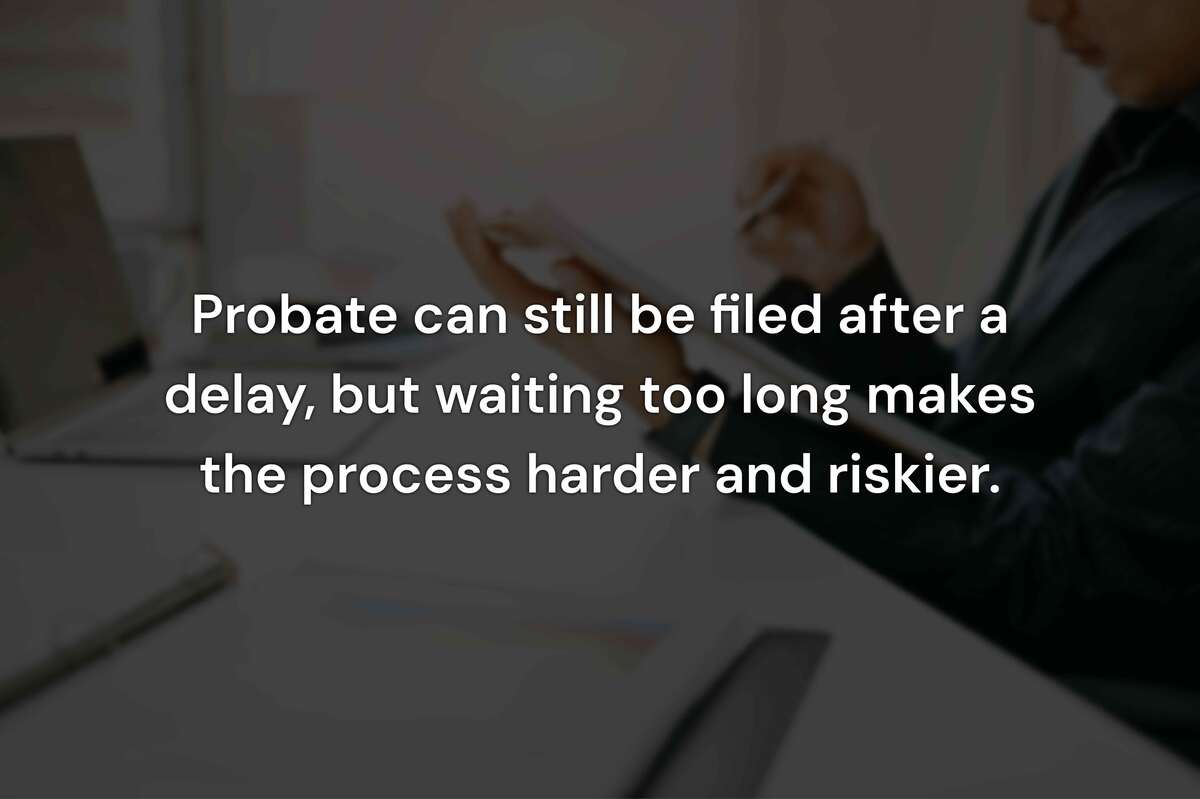When a loved one passes away, their estate often goes through probate to settle debts and transfer assets. But what happens if no one ever files for probate? The consequences can be serious, ranging from property title problems to tax penalties and family disputes. Understanding the risks of skipping probate helps families protect their legal rights and avoid costly mistakes.
What Is Probate?
Probate is the legal process that validates a will, settles debts, and distributes assets to heirs or beneficiaries. The court oversees the process to ensure everything is done correctly. An executor or personal representative handles this on behalf of the estate.
Without probate, there is no official recognition of who inherits what. That can make it difficult to sell, transfer, or even access property that belonged to the deceased.
Why Some Families Skip Probate
Families sometimes avoid probate because they believe it’s expensive or unnecessary. Others simply do not realize it must be done.
Common reasons probate isn’t filed:
- The estate appears small or simple
- The deceased had joint accounts or property held with a spouse
- There was no will, and the family assumes ownership transfers automatically
- The executor fails to act or doesn’t understand their duty
- Family members hope to avoid court involvement
While intentions may be good, failing to file for probate can cause long-term legal problems.
What Happens If Probate Is Never Opened
If no one files for probate, the estate remains legally unsettled. This means the assets stay in the deceased’s name indefinitely.

Key consequences include:
- Title problems: Real estate cannot be legally sold or transferred without probate.
- Frozen accounts: Banks often require court documents to release funds.
- Unpaid debts and taxes: Creditors and tax agencies can pursue claims against the estate.
- Heir disputes: Without court supervision, family members may disagree about ownership.
- Loss of property: In some cases, property may be seized or escheated to the state after several years.
In short, the estate cannot be properly distributed or closed until probate occurs.

Time Limits for Filing Probate
Most states have deadlines for starting probate. In California, probate is typically expected to be filed within one year of the date of death. If too much time passes, the court may require additional steps or documentation to reopen the case. Delays can also make it harder to locate assets, pay debts, or find heirs.
Exceptions to Probate
Not all property requires probate. Some assets automatically transfer outside of court supervision.
Common examples include:
- Jointly owned property with rights of survivorship
- Accounts with designated beneficiaries such as life insurance or retirement funds
- Assets placed in a living trust
- Small estates that qualify for simplified procedures
Even so, these exceptions do not apply to all assets, and failing to identify which ones need probate can create legal gaps.
How to Fix the Problem if Probate Was Not Filed
If years have passed and probate was never started, it may still be possible to resolve the issue.
Steps to take:
- Consult an attorney to determine whether probate is still required
- Locate and review the will or estate documents
- Gather asset information such as deeds, accounts, and titles
- File a petition with the probate court to open the estate
- Notify heirs and creditors as required by law
Once the court approves, the estate can finally be administered properly. In many cases, late probate is the only way to clear title or release funds.

How Long Probate Takes Once Filed
Probate usually takes six months to a year to complete, depending on the size of the estate and whether disputes arise. Simple cases may finish sooner, while contested estates can take several years. Although the process can be time-consuming, it ensures all legal and financial matters are resolved correctly.
Why Legal Help Is Important
Failing to file probate doesn’t just delay inheritance—it can permanently block heirs from accessing what they’re entitled to. An experienced probate attorney can assess whether probate is necessary, file required documents, and protect your family from future disputes or tax issues.
If a loved one’s estate has not gone through probate or you’re unsure how to start, contact an experienced probate attorney in Los Angeles, CA. They can review your situation, explain the next steps, and help ensure the estate is handled legally and efficiently.



























